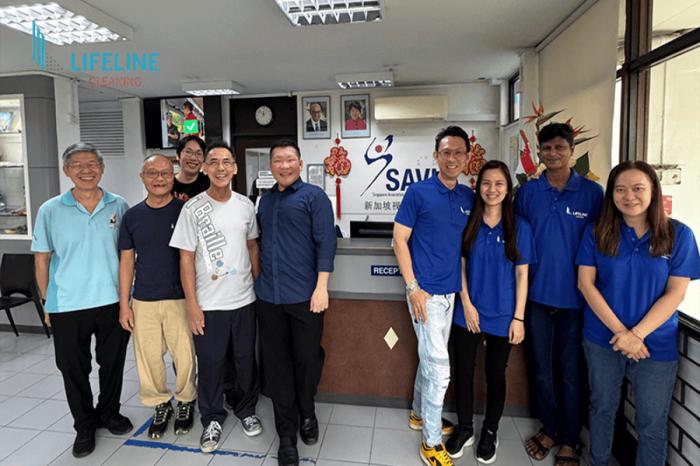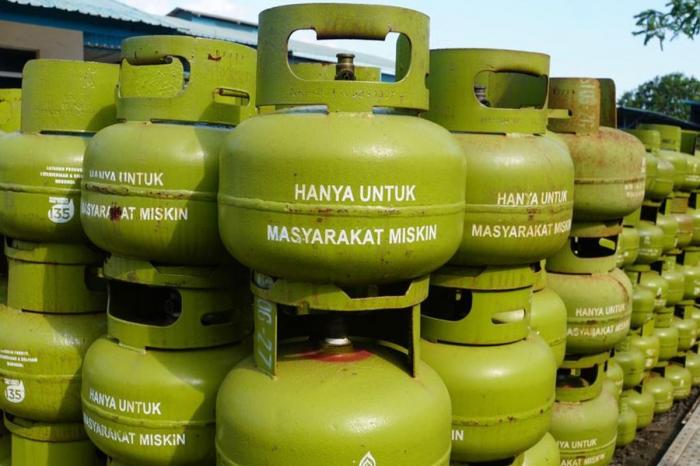- Home
- Kilas Global
- Allianz Risk Barometer 2019: Business interruption and cyber still top risks amongst South Korea companies
Kamis, 21 Februari 2019 08:52:00
Allianz Risk Barometer 2019: Business interruption and cyber still top risks amongst South Korea companies

8th annual survey on top business risks sees record participation of 2,415 experts from 86 countries, including South Korea
Business interruption is top risk again, followed by cyber incidents
2019 edition sees new entrants in local top 10: Environmental risks and loss of reputation or brand value
SEOUL, SOUTH KOREA - riauone.com, - February 21, 2019 - Business interruption (BI) will be the top business risk in South Korea this year with companies increasingly concerned about more diverse and complex business interruption scenarios with rising costs, according to the eighth annual Allianz Risk Barometer. Published by Allianz Global Corporate & Specialty (AGCS), the 2019 report is based on the insights of 2,415 risk experts across 86 countries, including South Korea.
In South Korea, BI (45% of responses) remains the top risk ahead of cyber (33% of responses). Rounding up the top three is new technologies (28% of responses), which rises up from #5 last year.
BI threats continue to evolve
South Korean businesses are deeply concerned about the impact of BI as potential scenarios are becoming ever more diverse and complex in a globally connected economy, including breakdown of core IT systems, product recalls or quality issues, terrorism or political rioting or environmental pollution. Asia and South Korea, is potentially exposed to business interruption losses because of economic growth and concentration of suppliers. As manufacturing and outsourced services are migrated to countries in the region, so too are large claims.
Similarly, BI remains the top threat for businesses globally and regionally for the seventh year running, ranking top in countries such as the US, Canada, Germany, Singapore. In addition, both cyber and BI risks are increasingly interlinked as ransomware attacks or accidental IT outages often result in disruption of operations and services costing hundreds of millions of dollars.
"Businesses across Asia Pacific are deeply concerned about the impact of business interruption, which can be a consequence of the other top risks in the region, cyber and natural catastrophes. The risk of BI is heightened by today's increasingly interconnected and global business environment," said Chang Tae Noh CEO AGCS South Korea.
"Almost all large property insurance claims include a major BI element and the average BI claim of over $3m is almost 40% higher than an average direct property loss. As manufacturing shifts east and with growing frequency of natural catastrophe activity in the region, Asia Pacific ins increasingly exposed to these losses reflecting the importance for companies to adopt a holistic approach to risk management."
Cyber -- growing awareness, growing losses
Cyber incidents continue to be an area of concern for South Korean businesses. Countries with regional tensions have been found to be more likely affected by targeted cyber-attacks, and South Korea suffered the 6th most number of targeted attacks in the world in 2017[1]. This is unlikely to improve in the future, as the number of cyber-attacks worldwide doubled in 2017 to 160,000, according to the Online Trust Alliance[2]. According to AGCS analysis of insurance industry claims over the past five years, the average insured loss from a cyber incident is now in excess of €2m, compared with almost €1.5m from the average claim for a fire / explosion incident.
Similarly, concern over cyber incidents is increasingly globally, following a watershed year of activity in 2018. Cyber-crime now costs an estimated $600bn a year -- up from $445bn in 2014[3].This compares with a 10-year average economic loss from natural catastrophes of $208bn[4] -- three times as much.
"Companies need to plan for a wide range of disruptive scenarios and triggers, as this is where their big exposure lies in today's networked society," says Chris Fischer Hirs, CEO of AGCS. "Disruptive risks can be physical, such as fire or storms, or virtual, such as an IT outage, which can occur through malicious and accidental means. They can stem from their own operations but also from a company's suppliers, customers or IT service providers. Whatever the trigger, the financial loss for companies following a standstill can be enormous. New risk management solutions, analytical tools and innovative partnerships can help to better understand and mitigate the modern myriad of BI risks and prevent losses before they occur."
Environmental risks (#7 with 17% of responses) and loss of reputation or brand value (#9 with 11% of responses) are new entrants into the top 10 risks for South Korean businesses. (*).











